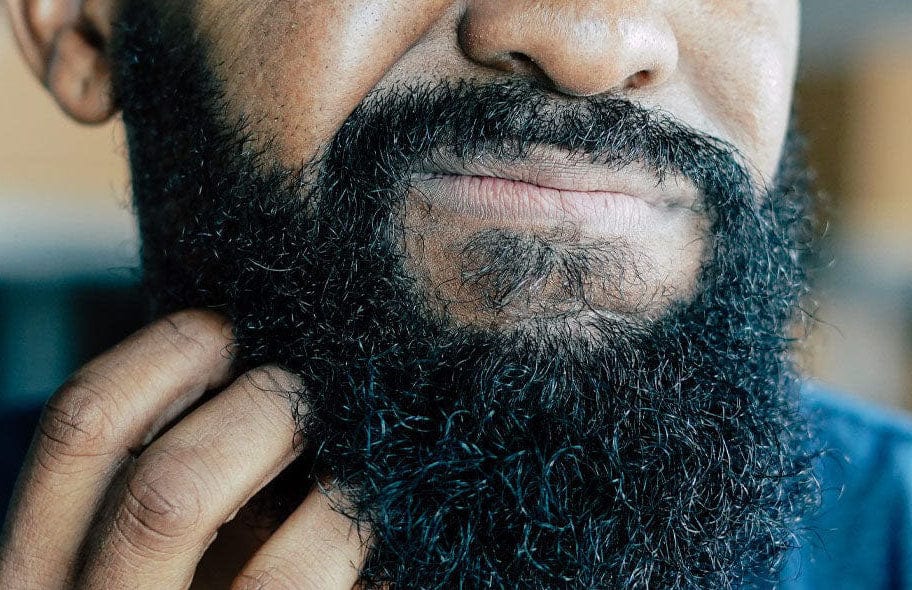
Know Good Men: George Washington Carver
Welcome to Know Good Men, a series created to share the stories, values, and wisdom of extraordinary men. Each episode dives into the journey of a man who defied the odds, carved his own path, and embodies what it means to be a man. In a world that needs strong men and leaders more than ever, these stories serve as an example of what's possible when courage, honor, and integrity take the lead.
Most men would’ve quit, and died bitter.
Abandoned by his parents. Kidnapped as a baby. Raised in a nation healing from the Civil War. George Washington Carver had every reason to hate the world that hurt him.
But instead he turned pain into purpose.
He didn’t just rise - he served. He didn’t just get educated - he gave it away. And in a time when revenge would’ve been justified, he chose something far harder:
- He chose humility.
- He chose forgiveness.
- He chose to build.
George Washington Carver was born into slavery, sometime around 1864. No birth certificate. No exact record. Just a cold Missouri farm and a life that would begin with loss.
His mother was kidnapped when he was an infant and never found again. His father had died before he was born. And Carver? He was left sick, frail, and orphaned.
But even as a boy, Carver had one thing no one could take from him: curiosity.
He asked questions. Studied nature. Learned how to make paints from berries and medicines from plants. He believed there was wisdom buried in the soil, waiting to be uncovered.
But knowledge wasn’t handed to him. He had to fight for every inch of education - walking miles just to attend a school that would take him as a student. He was rejected, ridiculed, and overlooked more times than we’ll ever know. But he kept showing up. Quiet. Focused. Resilient.
Eventually, he earned a spot at Simpson College to study art. A professor noticed his talent for science - and encouraged him to apply it where his roots were: the soil.
So Carver transferred to Iowa State to study agriculture... and the world would never be the same.
Most people know Carver as “the peanut guy.” But that’s like calling Da Vinci a doodler.
Carver developed over 300 uses for the peanut - including fuel, glue, ink, soap, and paint.
He found ways to use sweet potatoes, pecans, soybeans, and clay to create sustainable, affordable alternatives to modern products. And he didn’t just do it in a lab - he brought that knowledge to men who needed it most: poor farmers in the South.
- He taught ex-slaves how to rotate crops and rebuild soil destroyed by cotton.
- He showed rural communities how to live self-sufficiently.
- He refused to patent most of his discoveries because, as he said:
“God gave them to me. How can I sell them to someone else?”
That’s the kind of man we’re talking about.
And what makes it even more powerful? He didn’t do any of it for fame.
At the peak of his fame, Carver was offered riches beyond imagination. Book deals. Product lines. Power. Prestige. He turned them all down.
He lived in a small dorm room at Tuskegee. Woke up early. Worked late. Gave his time to students, farmers, and communities who needed it.
When Henry Ford asked him to help build new products using peanuts and soybeans - Carver said yes… but only if it helped the average man.
He wasn’t chasing legacy. He was lifting others.
Because Carver didn’t just build things - he built men. He built communities. He built hope. And if there’s anything his life proves, it’s this:
You don’t have to come from much to give the world something great.
- You can have every reason to quit - and still choose to show up.
- You can be unseen, unwanted, and underestimated - and still lead.
- You can carry pain - and still create peace.
In a world full of noise, Carver chose stillness. In a world obsessed with fame, he chose faithfulness. And in a time defined by division, he lived with honor, courage, and relentless responsibility.
George Washington Carver built a life out of ashes. Not by chasing more - but by becoming more. More grounded. More generous. More devoted to what mattered.
He didn’t play the victim. He didn’t take the bait of bitterness. He had every excuse to turn inward - but chose to give everything outward.
- He gave his mind to science.
- His heart to people.
- And his life to something bigger than himself.
No spotlight. No ego. Just quiet strength in the dirt. If you’ve ever been hurt, overlooked, or underestimated - as Jocko Wilink would say, "Good." Because so was Carver... and he still made the world a better place. We can too.
Live Brave. Live Bold. Live Bearded.
Alright Brother, your turn - what hit you in this one? What stuck, what made you think, what fired you up? Drop it in the comments. We read every one.
